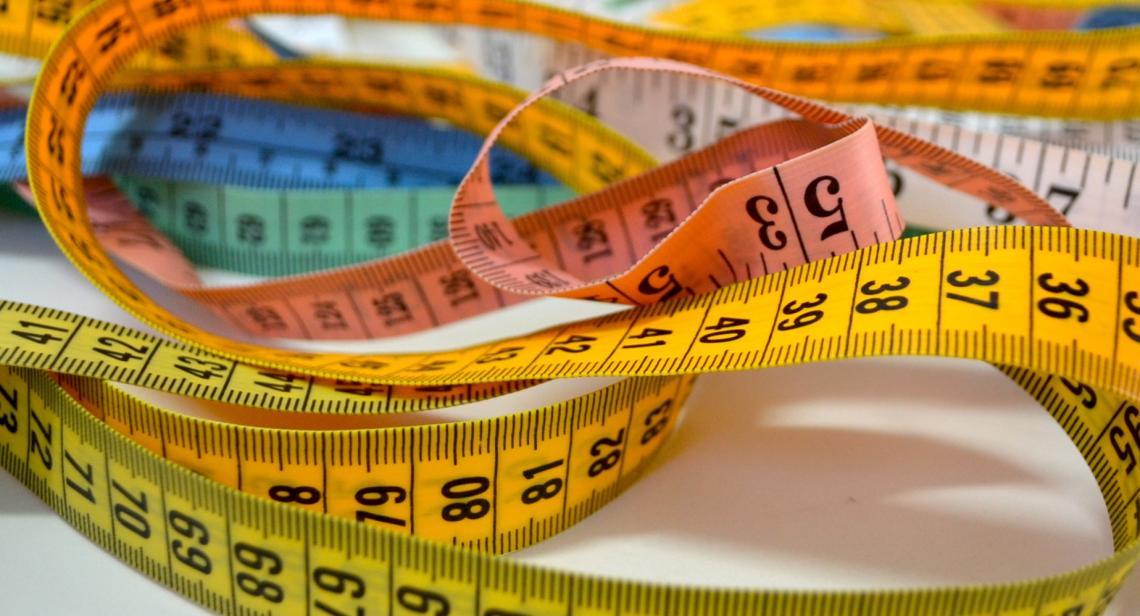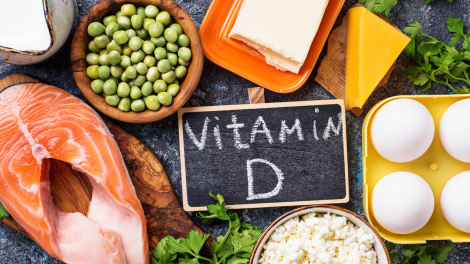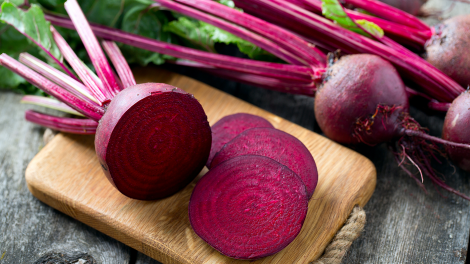We’ve all tried at least one ridiculous fad when we’re desperate to lose weight – remember the cabbage soup diet? Too dreadful! Cabbage is super healthy, but eating a few bowls of watery, bland soup has absolutely no benefits other than appreciating normal food when you get back to sanity! Or what about Oprah’s liquid diet? She did lose 67lbs after all, so a diet of liquid protein all day makes sense? We think not. Fad diets are fads for a reason. They come and go wreaking more damage than creating positive change, often leaving you heavier than you were before you started.
Fad diets lead to unrealistic expectations of weight loss and are an unsustainable when trying to lose and keep weight off. Think about it – have you tried any diets that are easy to follow for extended periods of time, that don’t leave you desperate for chocolate, a biscuit, or even the smallest treat just to make you feel better? We bet the answer’s “None!”. Here’s why…
Your body loves variety.
Many fad diets totally eliminate an entire food group or two – most often carbohydrates and fats. But to function properly your body needs a multitude of food groups, so if you’re totally cutting out all carbs you’re depriving your body of a crucial energy source, and the same principle applies to cutting out all fats - you’re probably cutting out healthy fats too.
The answer lies in finding balance; eating a proportionate amount of lean proteins, complex carbohydrates, good fats and other nutrients. Every vitamin and mineral helps your body perform specific functions, so naturally, depriving your body of a number of nutrients means your body won’t function properly.
Should I stay or should I go? – Making sensible choices.
Refined or processed carbs like white bread, white rice, pasta or sweetened beverages are all simple carbohydrates that offer close to no nutritional value – so cut those out if you’re looking to reduce your carb intake. However, whole grains are so important for slow and sustained energy release. Be sure to include or keep them in your diet to reap the functional benefits.
On the fatty side, trans fats and saturated fats are the ones you should be avoiding. They can increase LDL Cholesterol levels and suppress HDL levels, leaving you at risk of heart disease. You’ll find these in fried foods, like French fries of doughnuts; processed “snacking” food; fatty cuts of meat and high fat/ full cream dairy products. But, fats aren’t all that bad. When it comes to preventing heart disease and high cholesterol and promoting optimal brain function, healthy fats are your best friends. Try to include mono- and polyunsaturated fats in your diet – you’ll find them in nuts, fatty fish, vegetable oils and even tofu.
News Flash! Eating helps you lose weight.
Portion control is a huge issue in diets, and the pendulum swings both ways. Most fads tell you to eat way too little, while others suggest you can eat as much as you like – so long as you avoid “this one specific thing!”. Yeah right. A diet is not only down to the actual food choices, but the right amount thereof. We all know that eating too much causes weight gain, but eating too little can scare your body into hanging on to whatever fat stores it has out of “fear of famine”. You might think you’re being so good not eating anything, but in reality, you’re self-sabotaging. Listen to this woman talk about the science and impact of dieting for some inspiration to focus on being healthy rather than losing weight!
We’re not saying that diets are a bad idea. Sometimes, we need to re-set and get ourselves back on track. But any diet you choose should be sustainable, work for your body, preserve your optimal health and leave you satisfied. If a diet you’re considering excludes certain food categories, drastically changes portions, or sticking with it requires all the self-discipline reserves you have, maybe it’s time to consider using some common sense instead!







Comments